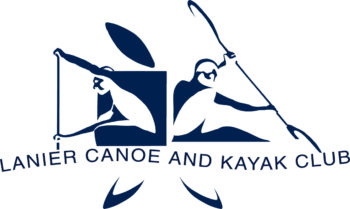Recently, I was reminded of something that took place out on the lake several years ago. I had been out on the boat with friends anchored in a cove. It was late that night when we decided to make our way back to the dock. It was very dark. There was no moon out that night. As I navigated the boat toward the marina, I noticed a blip on my radar. Something was dead ahead. My eyes could not detect anything but as the blip got closer, I brought the boat to a stop and turned on the spotlight. There was a couple in a tiny jet boat sitting dead in the water.
They had accidentally sucked a rope up into the impeller leaving them disabled. The boat either had no lights or they did not work. They also had no radio, no cell phone and apparently, no way to signal anybody for help. I cringed at the thought of what could have happened to them under different circumstances.
Stories like this unfold on local lakes and rivers more often than you think. Being prepared is a good way to ensure that you do not end up a part of a tragic story. Part of that preparation is making sure you have a basic boating safety kit on board whenever you head out onto the water. This can be a kit that you purchase or one that you put together yourself. Here are some of the items that you might want to have in your kit:
Marine Radio – Probably the best way to reach someone for help when on the water. A cell phone does work on pretty much all parts of Lake Lanier but a marine radio allows you to reach people who are already on the water near you.
First Aid Kit – Allows you to treat anything from sunburn to cuts and scratches.
Flashlight – Can be used to signal for help at night or to provide light while trying to do repairs.
Whistle – Can be used as an audible signal to call for help.
Rope – Can be used for towing or securing your vessel to a dock.
Anchor – Can be used to secure your disabled vessel.
Mirror – The reflective surface can be used as a distress signal.
Garbage Bags – Can be used as a rain poncho to keep you dry in an unexpected storm.
Fire Extinguisher – To extinguish a fire on your vessel or another vessel. (Keep in mind that these are required by law on motorized vessels).
Flares – For distress signals. (Note that these are not required on Lake Lanier and must be used with care to prevent fires).
Tool Kit and Spare Parts – Murphy’s law says things will happen at the worst time. For example, a navigation light will stop working the day you decide to stay out on the water past dark. Having a simple tool kit and spare bulbs, can make your situation less stressful.
If you haven’t already done so, consider having a boating safety kit aboard whenever you leave the dock or ramp. It is always better to have it and not need it than to need it and not have it.
Happy Boating!




